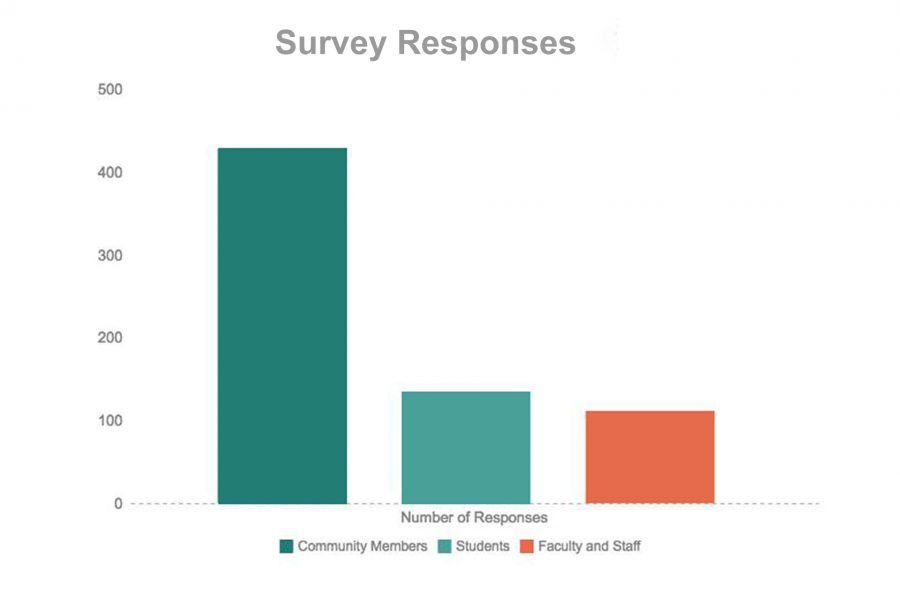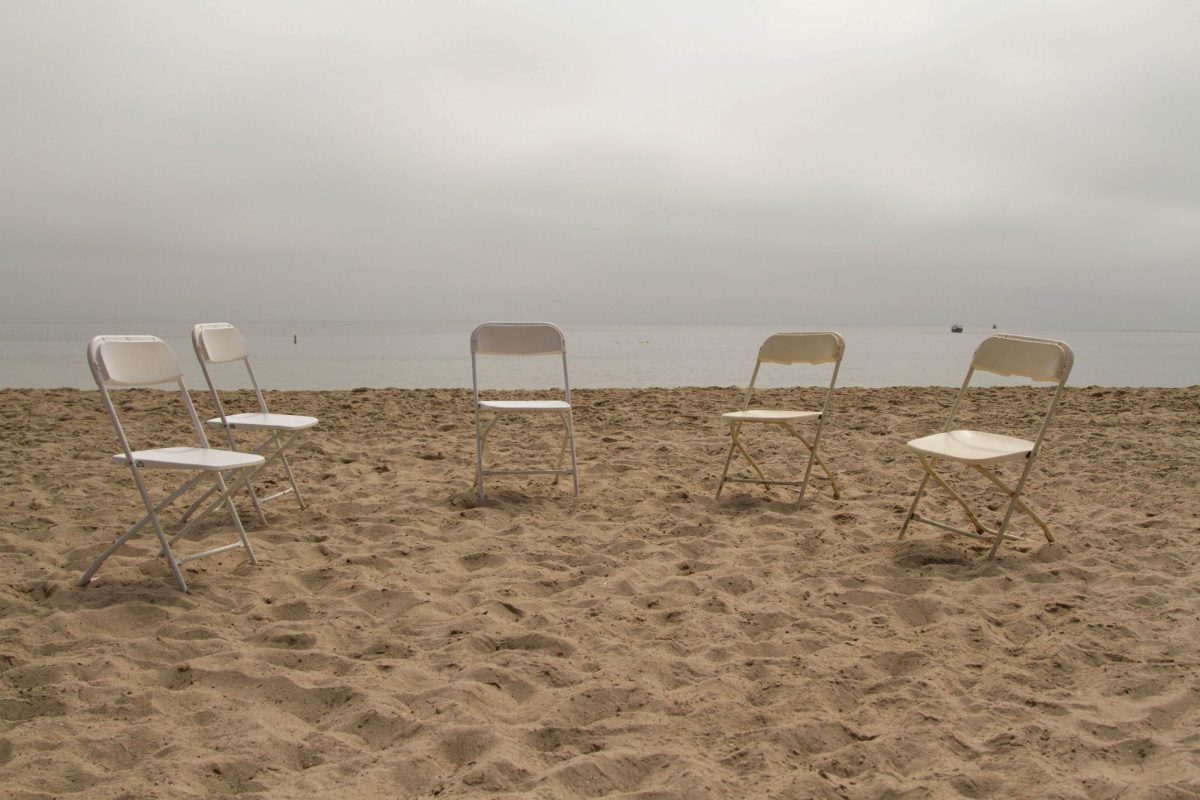City College is looking for ways to find a larger donor base or state funding to prevent cutting the former inmates Summer Bridge Transitions Program.
The goal of the transitions program, started in 2008, is to give individuals who have gone through the California criminal justice system a chance to start over and better their lives through higher education.
Private donations fund the courses, and Extended Opportunities Programs and Services faculty members work as volunteers.
City College’s Educational Policy subcommittee met on Sept. 5 to discuss the future of this transition program.
“I look around and I see rival gang members sitting at a table together getting tutored in math. That’s what makes it all worth it to us,” said Marsha Wright, EOPS director.
The college aims on recruiting 25 to 30 prior convicts each summer. The biggest challenge the program faces is keeping these students, many of them on probation or parole, from going back to jail.
“Our goal is to explore how education can play a role in keeping these students out of jail,” said Dr. Peter Haslund, educational policies subcommittee chair. “If we can work together to reduce the rate of recidivism, I think all of us in the state of California will be better off.”
According to a poll the U.S. Department of Justice released in 2011, California spends around $47,000 per year per inmate. Adversely, only around $9,000 is spent on each K-12 student per year.
“Those numbers should get your attention,” said Haslund. “We believe that if we do all we can to reduce the number of people going back to jail, we can use that money on primary, secondary and continuing education instead.”
Summer 2013 proved to be the biggest success for the courses with 25 students initially enrolled and 20 of them completing the summer session. The 20 students are now enrolled in the Fall semester.
“Not only do we want to expose them to different resources and opportunities at the college,” said Noel Gomez, student program advisor for EOPS and transitions program teacher. “But also to deter them from going back to that previous lifestyle that got them in trouble in the first place.”
The college will continue to explore more options for keeping the Summer Bridge Transitions thriving.













